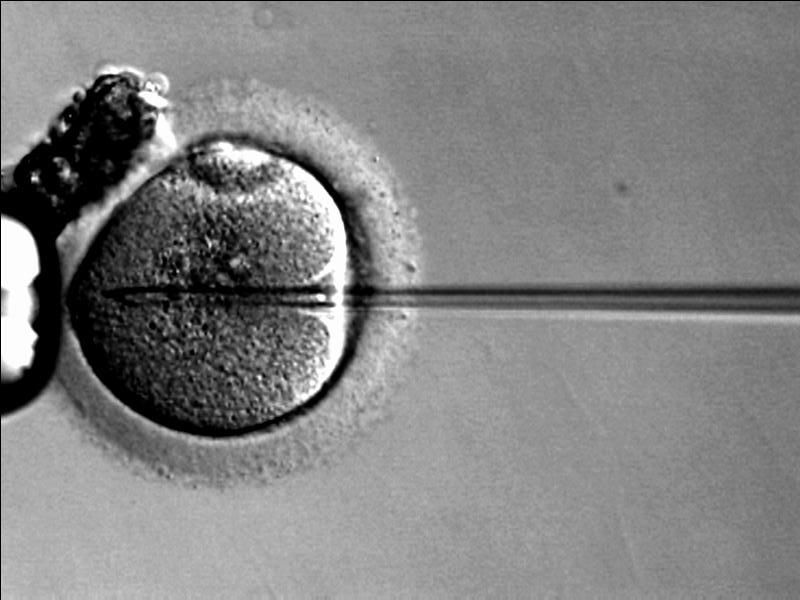Woodruff: Egg freezing rarely leads to success for women
More and more employers are asking women to freeze their eggs to put off having a family so they can focus on their careers now.
September 28, 2015
As women are becoming more devoted to their careers and educations, they are removing the thought of having a family from their future plans.
Egg freezing procedures are reinforcing this mindset because theoretically, the procedure allows women to prolong their reproductive years. Unfortunately, this idea of turning back the biological clock is being promoted in a light that is far too promising.
Women who choose to freeze their eggs go through a process that can last as long as a month. They will spend large amounts of money and a lot of time during this process to ensure their eggs are safely removed and properly stored.
Egg freezing consists of a pre-screening, which costs $325, according to the Frozen Egg Bank. The patient is tested for any infectious diseases, such as HIV, during the pre-screening. The patient will then have to pay up to $4,000 for self-administered hormonal injections during the next seven to 14 days, along with any other medication costs before the procedure.
The eggs are then taken out of the ovaries after they have been developed well enough. The patient is sedated and a needle is guided to the eggs using ultrasound technology. Suction is then used to “vacuum” the eggs out of the ovarian follicles.
This retrieval will cost between $7,000 and $10,800. The woman will then have to pay an additional yearly storage fee, which ranges between $300 and $1000.
While this is a great alternative for women diagnosed with cancer to try and preserve fertility, it is not a fix for women just because they are in college or the workforce. For women diagnosed with cancer, Fertility rate is reduced for women diagnosed with cancer.
But the real danger to fertility stems from the chemotherapy or radiation used to treat the cancer. Going great lengths to protect your ability to have children after your cancer battle in these extreme conditions is acceptable despite the low success rate of egg freezing.
But for women looking to focus on a career before children, birth control is a cheaper option and will usually prevent pregnancy, allowing women to still focus on their professional aspirations.
Taking contraceptives has little effect on future chances of having children, while egg freezing has a rather bleak outlook.
Many women believe that preserving their eggs will help prevent them from having children now, and allow them to have kids in the future. Unfortunately, only one of these ideas is true. Having children after freezing eggs is far from guaranteed.
Time Magazine reported that only 99 out of 414 eggs that were thawed after being frozen in 2013 resulted in live births. This means the odds of having a child using frozen eggs is about 24 percent.
Time continued on to explain that eggs will not be tested until they have reached the pre-embryonic stage of development. This means that women will not know if their eggs are healthy until after they have been implanted and fertilized.
Finding out the egg is “bad” after it has been implanted can be emotionally devastating news to the parents.
Not only are the odds of success rather slim, but using egg freezing to postpone childbearing is not recommended by professionals.
The American Society for Reproductive Medicine cautioned that the use of this technology outside of medically-necessary situations could give women false hope about the possibilities of conceiving a child via egg-freezing methods.
This could also lead to emotional problems when it comes time to fertilize the eggs. It could leave parents who have left their prime child-bearing years behind devastated by their inability to conceive.
While egg freezing is a fantastic medical breakthrough for women diagnosed with cancer, or another illness that could leave them infertile, it is not an end-all, be-all answer. The odds and success rates of egg freezing are very low and rarely lead to a live birth. Other contraceptive methods, and careful planning, are much better alternatives for many women — economically and emotionally.

















